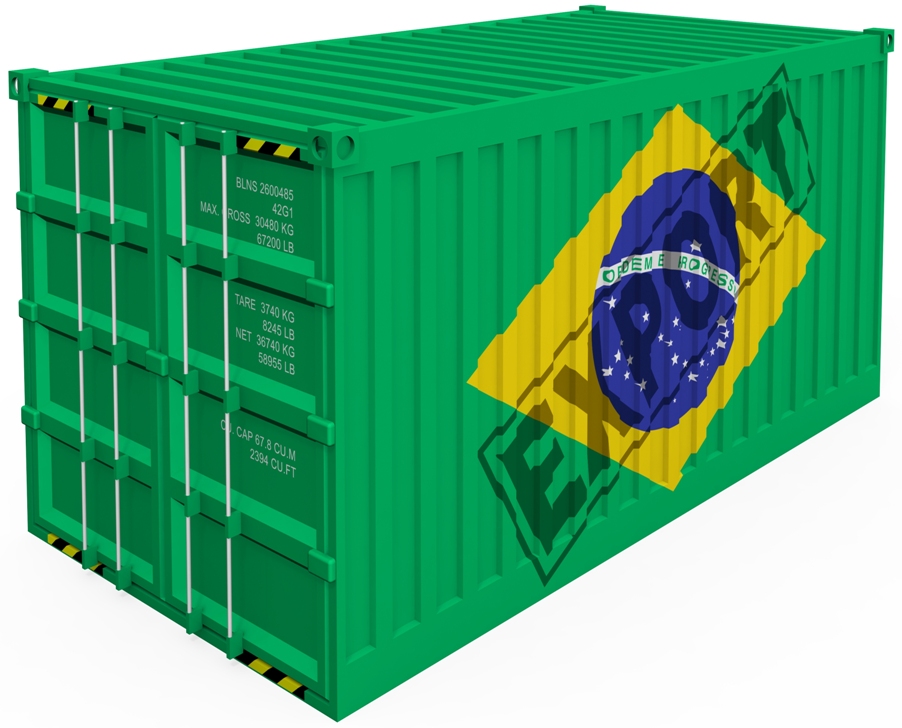RIO DE JANEIRO, BRAZIL – Brazil obtained a record trade surplus of US$ 6.6 (R$37) billion during the month of August, the highest for the month since 1989. However overall dropped with exports sliding 5.5 percent to US$17.741bn and imports, 25.1 percent, to US$11.133 billion. In eight months the trade surplus reached US$36.594 billion, the third-best historically in the last forty years.
The cumulative export total for the first eight months of 2020 was US$138.633 billion, a decrease of 6.6 percent in comparison with year-ago levels, while imports totaled US$102.039 billion, down 25.1 percent.

Most of the surplus in August is explained by the fall in imports by the mining industry, which dropped 59.51 percent year-on-year, and from the manufacturing industry, whose purchases from abroad shrank 23.78%. On the export side, manufactured goods sales fell 14.2 percent, and for the mining industry fell 8.6 percent. In contrast, agricultural exports rose by 32.64 percent.
Agricultural highlights include soybeans, with sales of US$443.3 million year-on-year and raw cotton with a US$80.9 million increase. In the mining industry, exports of iron ore fell by US$ 442 million compared to August last year, and crude petroleum oils suffered a decrease of US$451.6 million. In both cases, the drop is due to the negative variation in international prices compared to 2019, because the volumes shipped were stable regarding iron ore, and oil volume increased 21 percent.
In the manufacturing industry, the largest declines were recorded in exports of non-electric engines and machines (-US$187 million), cellulose (-US$157.8 million), and petroleum fuel oils (-US$152.6 million). In addition to the COVID-19 pandemic, the situation in Argentina, the main destination for Brazilian industrial exports, contributed to the result.
Finally according to the Focus bulletin, a weekly survey of financial institutions released by the Central Bank, market analysts predict a US$55 billion trade surplus for this year.
Source: MercoPress

